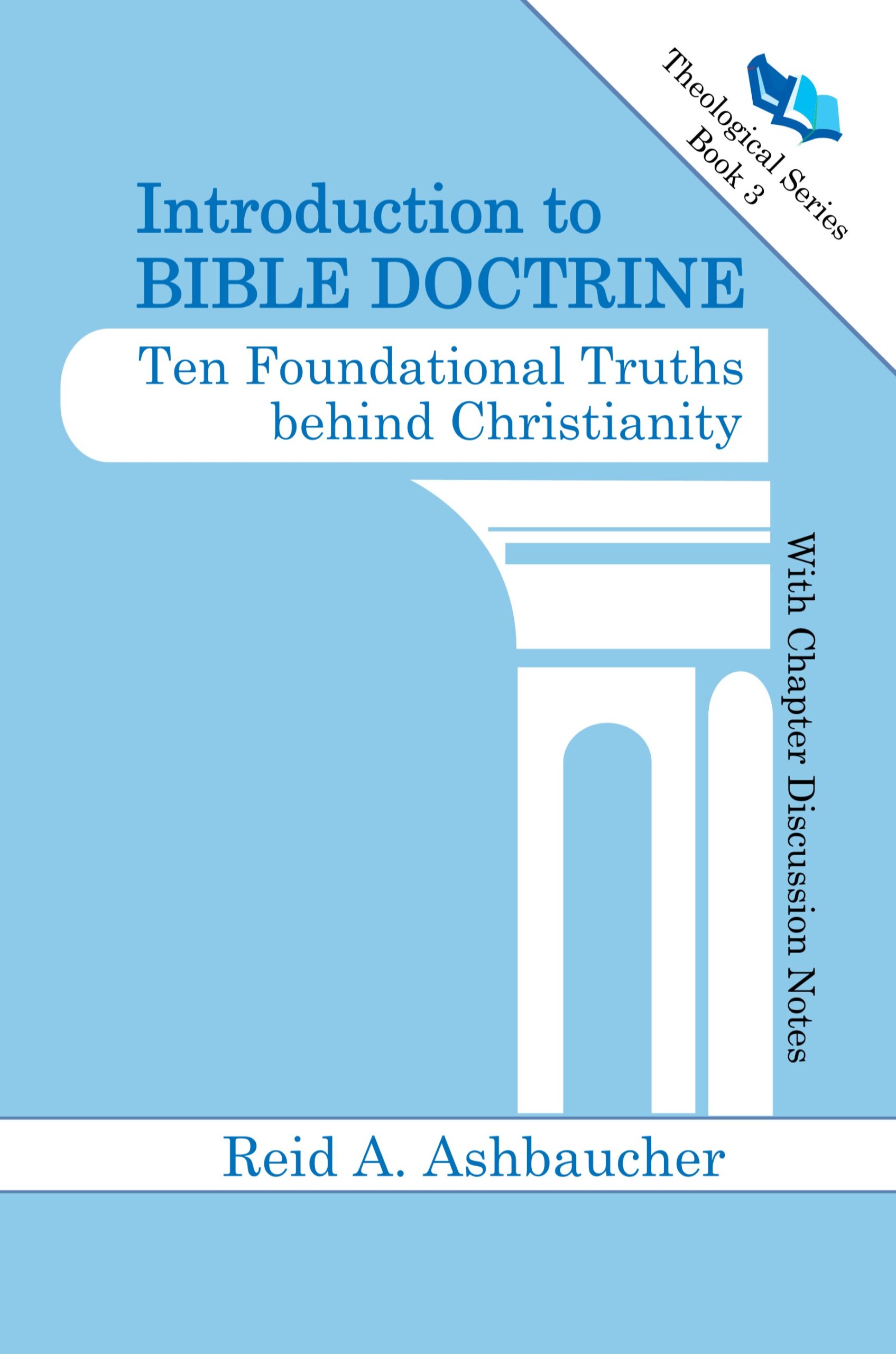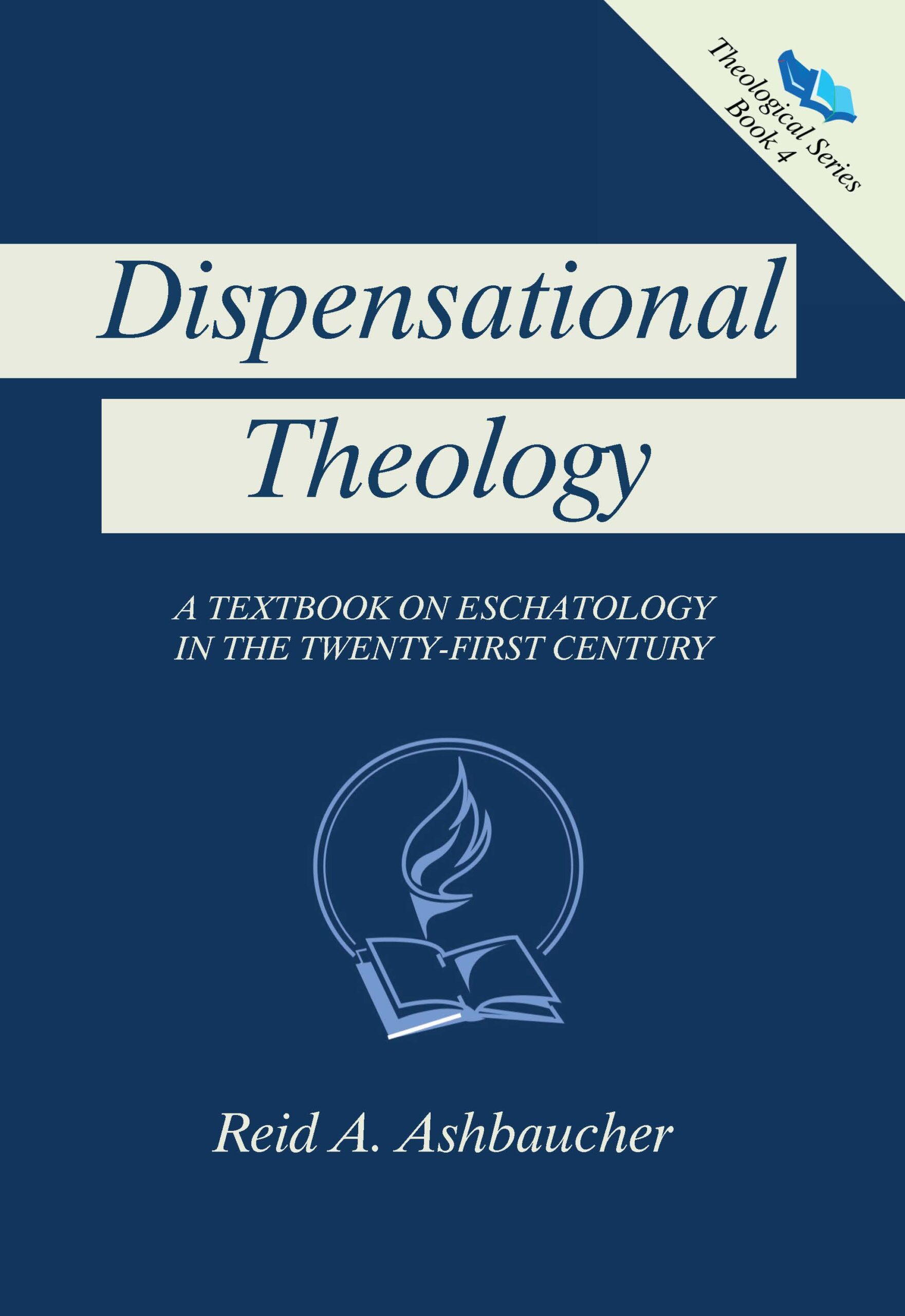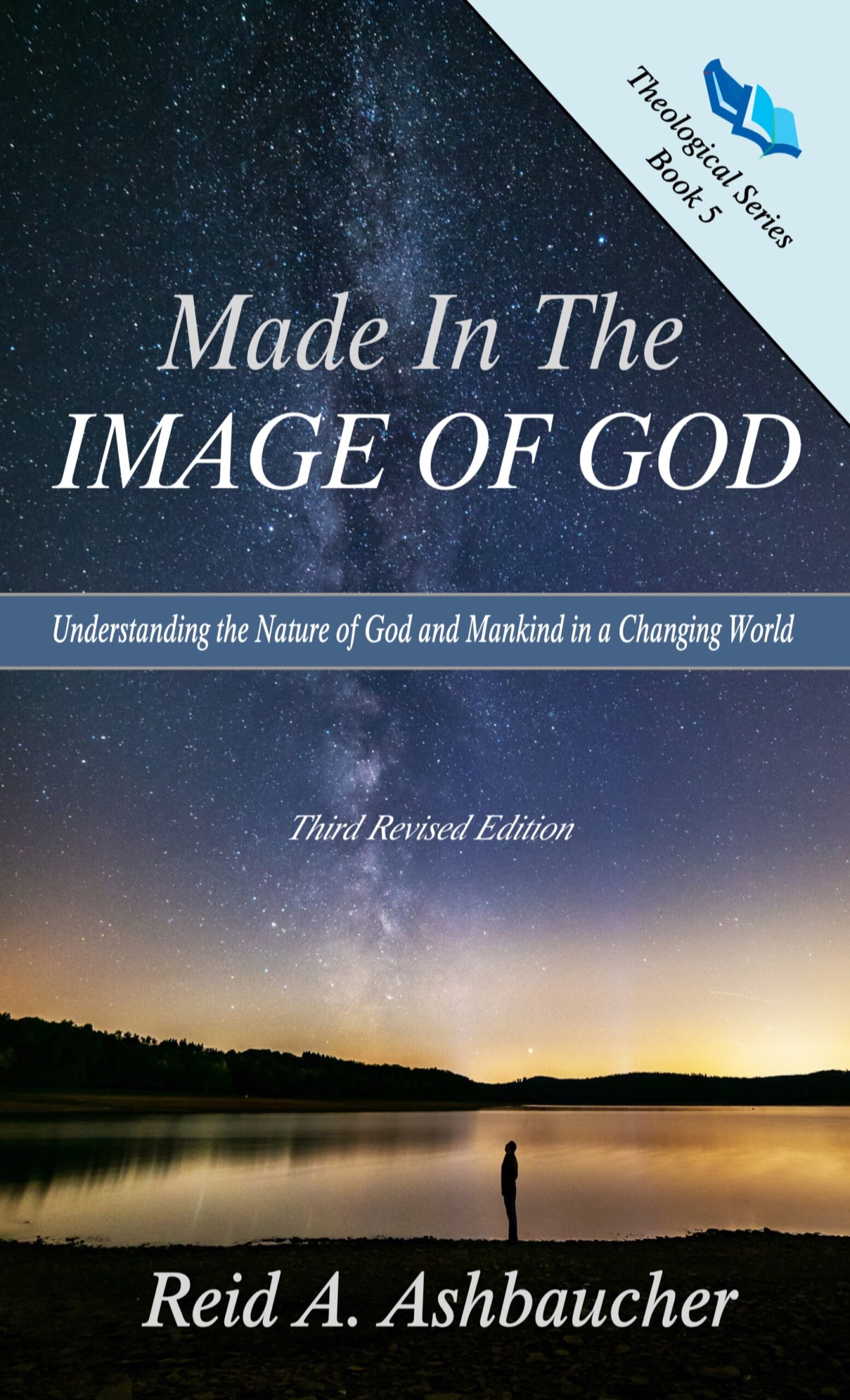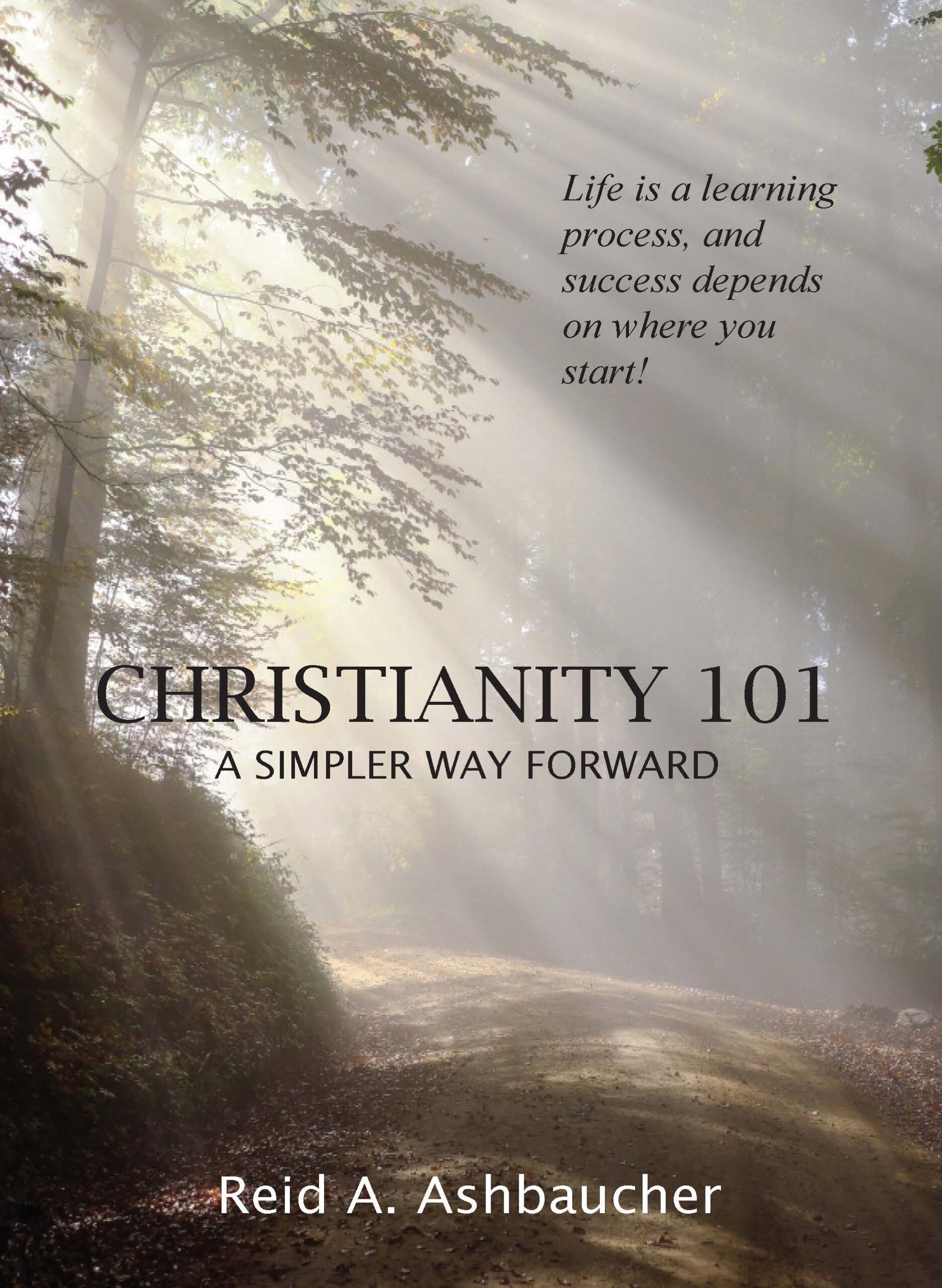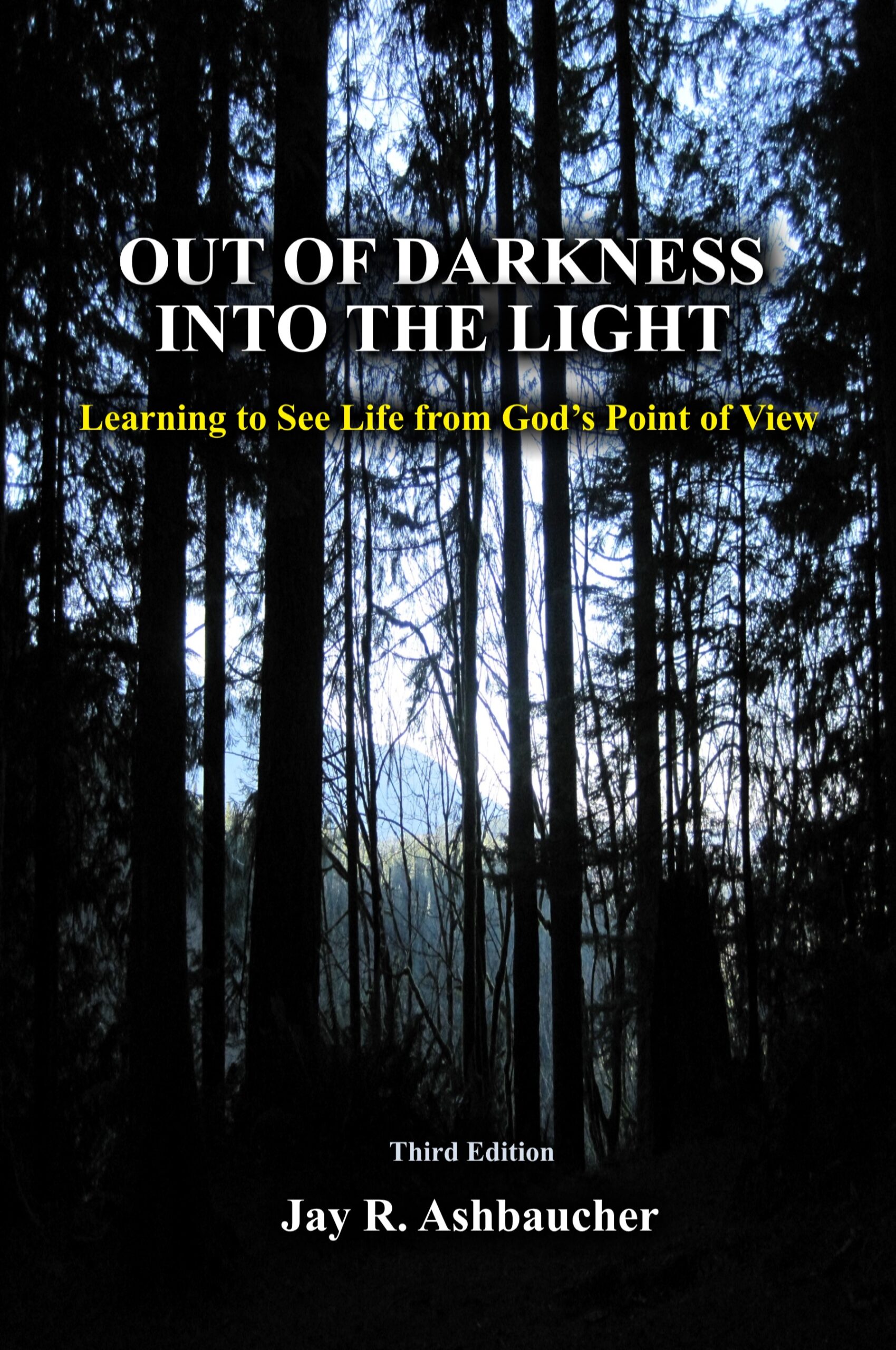Many of us have said the words, “I hate that” or “I hate him or her.” We live in a world where bitter hatred between persons seems to be on the rise. As with all emotions, hatred can be good or bad, depending on the factors involved. Degrees of hatred can range from a very mild and controlled form to a very nasty and hostile form of intense anger, rage, and uncontrolled outbursts.Someone with a mild and controlled form of hatred might say, “I hate that color, or that food, or so-and-so’s personality, or that inappropriate behavior” The mild form of hate can mean I don’t like something, I would not choose that, or do that, and I will mostly avoid that something or that person. Hating, as not liking something, is often a matter of personal preference, but it can also be a matter of realizing right from wrong and rejecting the wrong, although not necessarily the person.A harsher meaning of hatred is one that gets boiling deeper into one’s soul. For example, you might hate a person who has done something very bad to you so that you strongly oppose and want to destroy that person. Hatred, when allowed to fester and grow, can well up into a very destructive emotion. Depending on the how you handle the feeling of hatred, it can be a good thing or a bad thing. Hatred can be a very powerful emotion and needs to be controlled with a proper sense of love and justice.
I think of the Bible story in Genesis 4, where God sees Cain’s anger toward his brother. God tells Cain that he must master his anger and hatred. Cain does not master it and ends up killing his brother. Whenever the feeling of anger and hatred is recognized within you, what or who you hate and why you hate needs to be taken into consideration. Because we have a sense of right and wrong, it is normal to hate something that is wrong or evil because those things are destructive. God, who is perfectly righteous, hates what is wrong and evil because those things destroy all that is right and good. That is not the way God created the world to be. In Cain’s situation, Cain was not hating something evil or wrong, he hated something that was actually good. It was he who was in the wrong for hating his brother. His brother had done nothing deserving of being hated. Jesus himself was put to death on a cross, not because he had committed any wrong, but because people hated him for pointing out their wrongs. The problem was not with Jesus, but with those who, for self-centered reasons, wanted him out of the way.
Hatred can work two ways. Hatred can be a good thing when it takes proper measures to destroy what is evil, or hatred can be an evil thing when it seeks to destroy what is good. Both of these ways of working out hatred will in some way destroy something or someone. If we hate what is evil, we hate what destroys life and we want to do something about it, even if it means justly punishing the evildoer. If we hate what is good, we will be destroying what gives all people the kind of life they need, and will likely end up unjustly destroying good people. Hatred must distinguish between what is good or evil so that it does not destroy the wrong thing. The Bible says, “Woe to those who call evil good and good evil” (Isaiah 5:20). It also says, “He who justifies the wicked and he who condemns the righteous, both of them alike are an abomination to the Lord. (Proverbs 17:15). To call evil good is to take away the rights of those in the right. So who determines what is right and wrong? God, who is pure good, is the determiner. One whom the Bible and Jesus call the devil, he is the source of pure evil. He deceives, and he kills (John 8:44).
We must believe God and his truth in order to live and preserve life. Following are three of God’s truths. First, to call evil good is to hate knowledge. The fool hates knowledge and to hate knowledge is to hate what gives life (Prov. 1:7, 22-33). Second, the fear of the Lord is to hate evil (Prov. 8:12-13, 32-36). We are told to hate evil. Why? Not hating evil destroys oneself and others. Therefore, God says to hate evil and love good. According to God, the way to destroy evil is to fear him and to do good (Amos 5:14-15; Psa. 97:10; Rom. 12:9, 21). Third, the power of hatred is a double-edged sword. Hatred aimed at the goodness of others destroys those who are good and also what is good for society. It also destroys the one who hates (Psalm 34:21; 94:2-3, 16, 21-23). The hater of good ends up destroying self, thus hatred is a double-edged sword.
Let’s talk about the acceptance of evil within ourselves. Is there sin, as the Bible defines it, in my life? If we allow evil and not the good into our lives, it destroys us. Therefore, if it is hindering the good, we must hate evil more than we do, otherwise we self-destruct by not allowing the good to save us. In the Bible, God makes a distinction between the wicked and the righteous. The wicked hate what is right and good and the righteous hate what is wrong and bad. Hatred against evil destroys the evil, but it saves those who possess the righteousness of God in Christ. We must love the good more than the evil if we want the evil to be destroyed. Not to destroy evil completely is to open oneself to being destroyed by the evil.
We are deceived by the evil one whenever we think we don’t need God and his truth and his goodness. Hatred of what is good ends up destroying the one who hates it. If we believe the lie, in the end we lose our life. Think about how hatred can destroy a family or one’s society. A good man is responsible to build his family and societal resources so the family or surrounding society can be self-sufficient and have a strong defense against enemy attacks. Suppose a deceived person is responsible for family and surrounding society, but this deceived person, lacking godly knowledge, hates the good and does not do the good that a good man ought to do for the sake of family and society. The result of such a person’s hatred is self-destruction of his own family and society, for they will lack what’s needed to defend themselves against enemies. Because such hatred controls a person, and the person hates the doer of good and right, the one who hates actually falls into hating what is good for oneself. For lack of Godly knowledge, the hater leaves oneself unprotected. This is the act of a foolish person who does not fear God. When hatred against the good wins, the good dies.
God is a God of love, but also a God who hates evil. Why does God hate evil? Because it destroys his good world. God’s love cannot embrace what his holiness condemns. God’s hatred of evil destroys evil in order to preserve and rescue what is good. God’s hatred and wrath is not like ours, which becomes vindictive or wrong spirited, or is exercised as an out-of-control eruption against wrong. God’s anger is an appropriately controlled act of his justice, righteousness and holiness toward whatever is wrong and deserves punishment. Usually, God gives persons warnings and plenty of time to repent and change, but when his grace is continually rejected, judgment must come to protect the good from being destroyed. We are also justified in hating evil and evildoers, but our hatred needs to be handed over to God for his hatred and wrath to be justly performed. Our primary purpose is to hate the evil within ourselves enough so that we will do something about it and become persons, newly created in the image of God, who can do what is good in a way that will enable evil to be overcome, both for ourselves, and then for those around us. If we can hate the evil within ourselves, it can be a powerful force to overcome evil with God’s good works.


